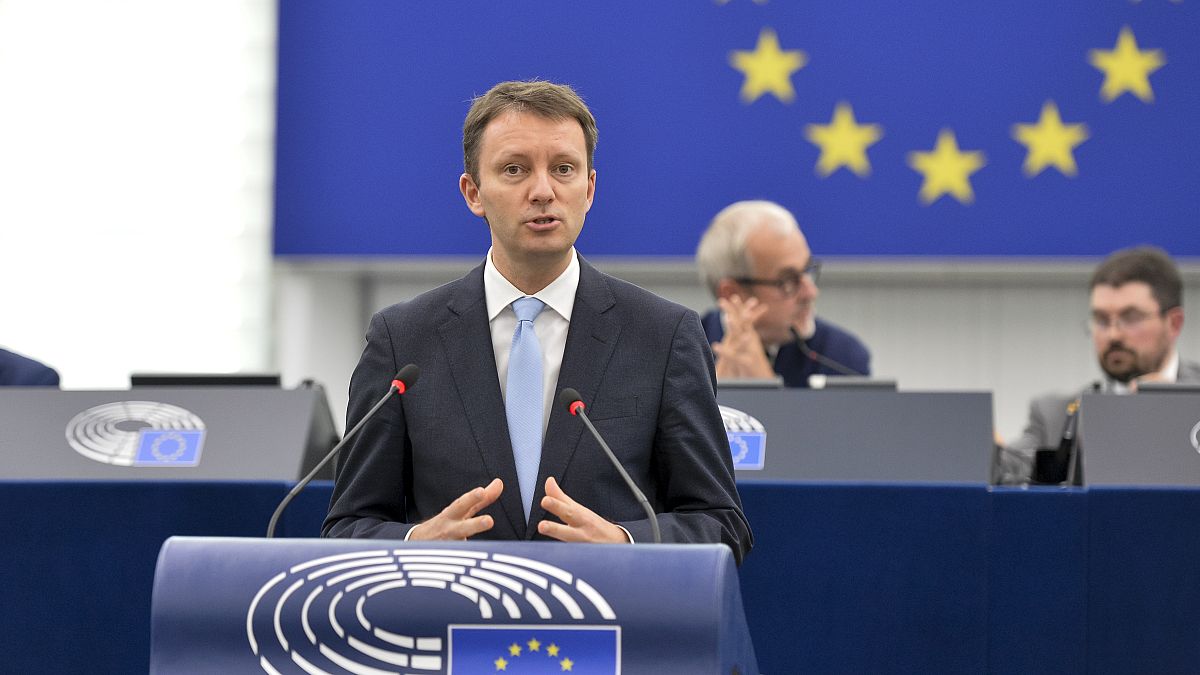The European Parliament’s lead negotiator on the next long-term budget, Siegfried Muresan, recently discussed his thoughts on how EU money should be spent after 2027. He emphasized the importance of finding synergies between traditional priorities such as cohesion between territories and agriculture, and new priorities like the transition to a green economy, digital economy, research, innovation, and defense. Muresan also highlighted the need to ensure that money is well spent, reaches beneficiaries, and is transparent. He stressed that as people expect the EU to do more and protect them, it is crucial to have a budget that allows for increased funding to meet these expectations.
When discussing a potential increase in the EU budget, Muresan suggested that small increases may be realistic, but emphasized the need for increased transparency, predictability, and stability in the funding of the union. He proposed the creation of new own resources as a solution to close the funding gap and reduce the political negotiations that currently take place between member states during budget discussions. However, he advised against joint borrowing at the moment due to political controversy and recent debt accumulation. Muresan stressed the importance of ensuring that the funding of the union is transparent and predictable in the long term.
Looking ahead to the period after 2027, Muresan highlighted the need for a budget that continues to support key programs such as Erasmus scholarships, research, farmers, and cohesion programs. He also stressed the importance of increasing funding for defense and supporting neighboring countries to ensure stability and security in the region. Muresan emphasized the need for a budget that addresses the needs of primary beneficiaries while also addressing new priorities such as defense and support for neighboring countries.
Muresan criticized the idea of centralizing the EU budget and neglecting the role of regions, warning that centralization could lead to national governments using the budget as a political tool. He emphasized the importance of local and regional ownership of the budget to better meet the needs on the ground and ensure faster implementation. Additionally, Muresan discussed the implications of transitioning from a program-based budget to a policy-based budget, emphasizing the need for a clearer link between policy priorities and the budget needed to support them.
In terms of strengthening defense and military capabilities, Muresan acknowledged that the EU budget alone would not be enough to meet the significant needs in this area. He expressed a preference for finding necessary resources for defense within the EU budget to ensure democratic legitimacy, accountability, and transparency. However, he acknowledged that additional resources would likely be needed beyond the EU budget to adequately support defense and military capabilities in the region.










